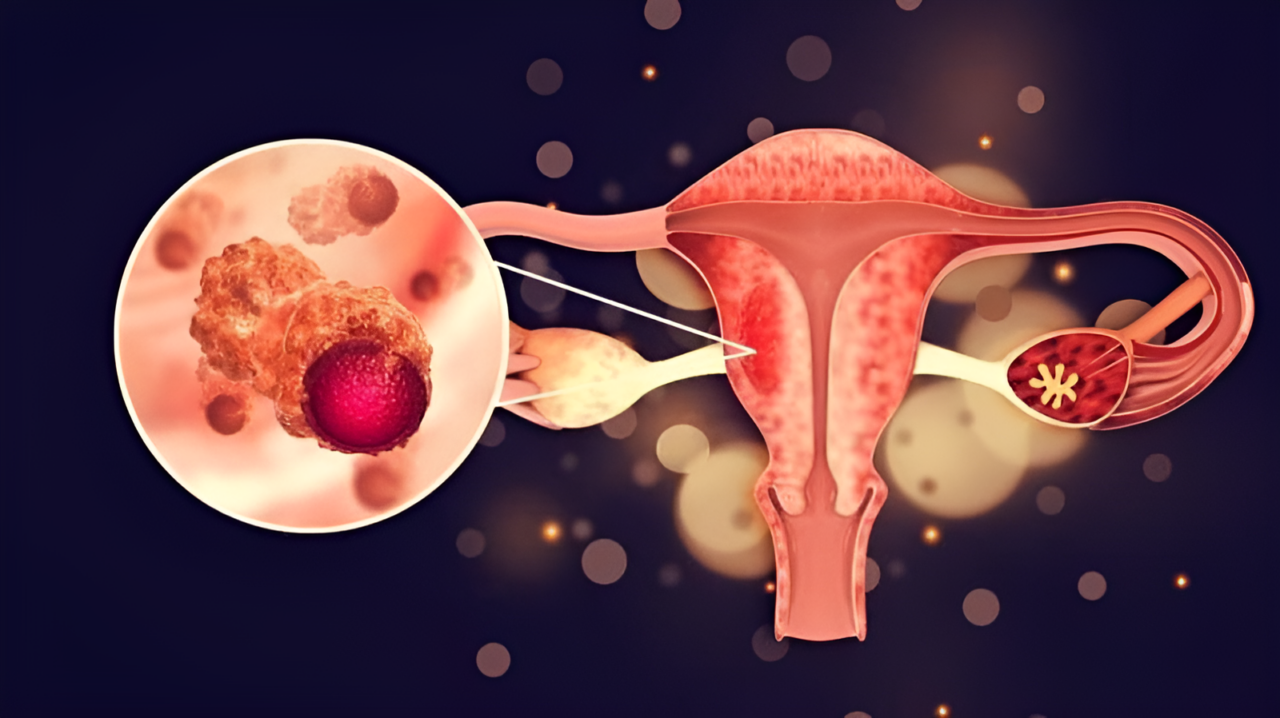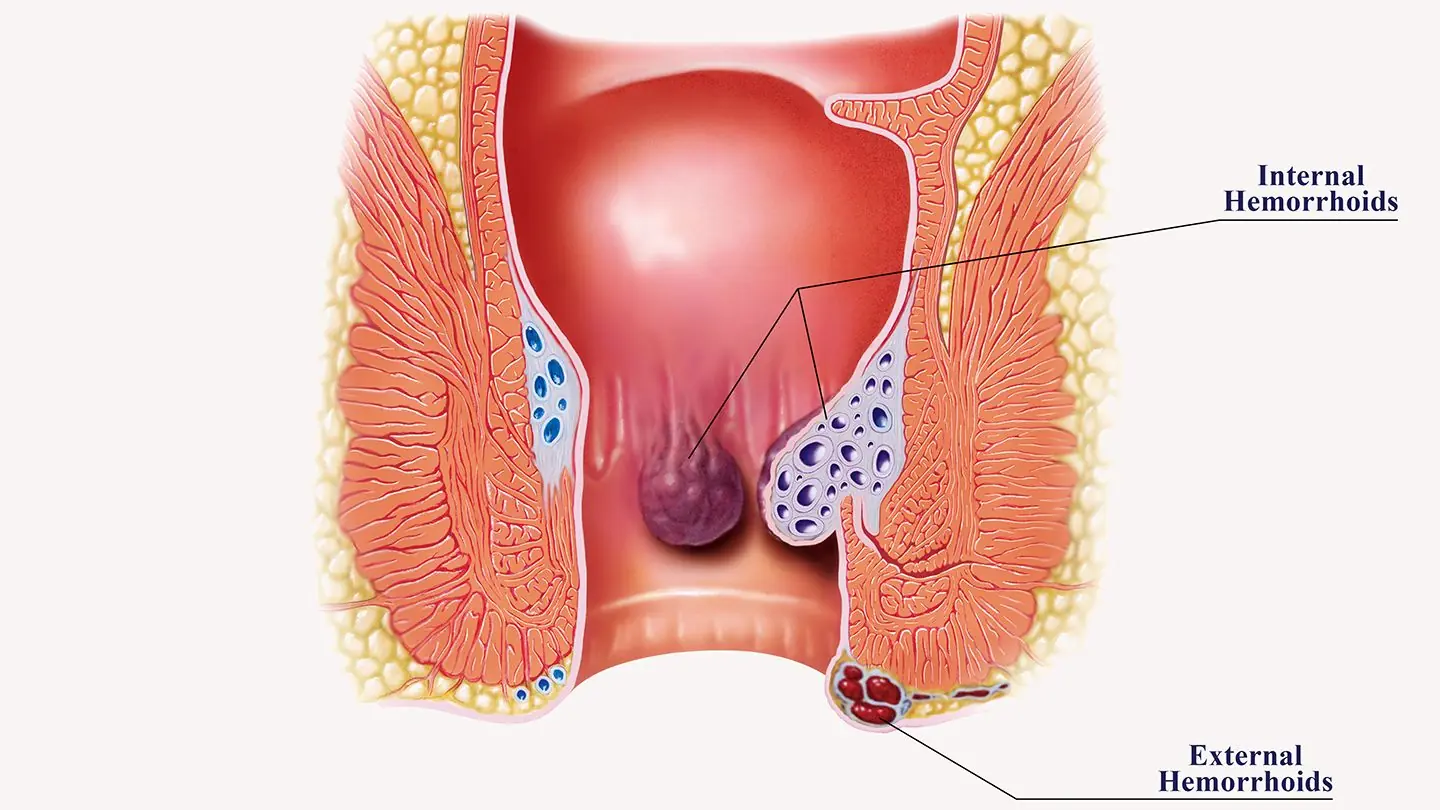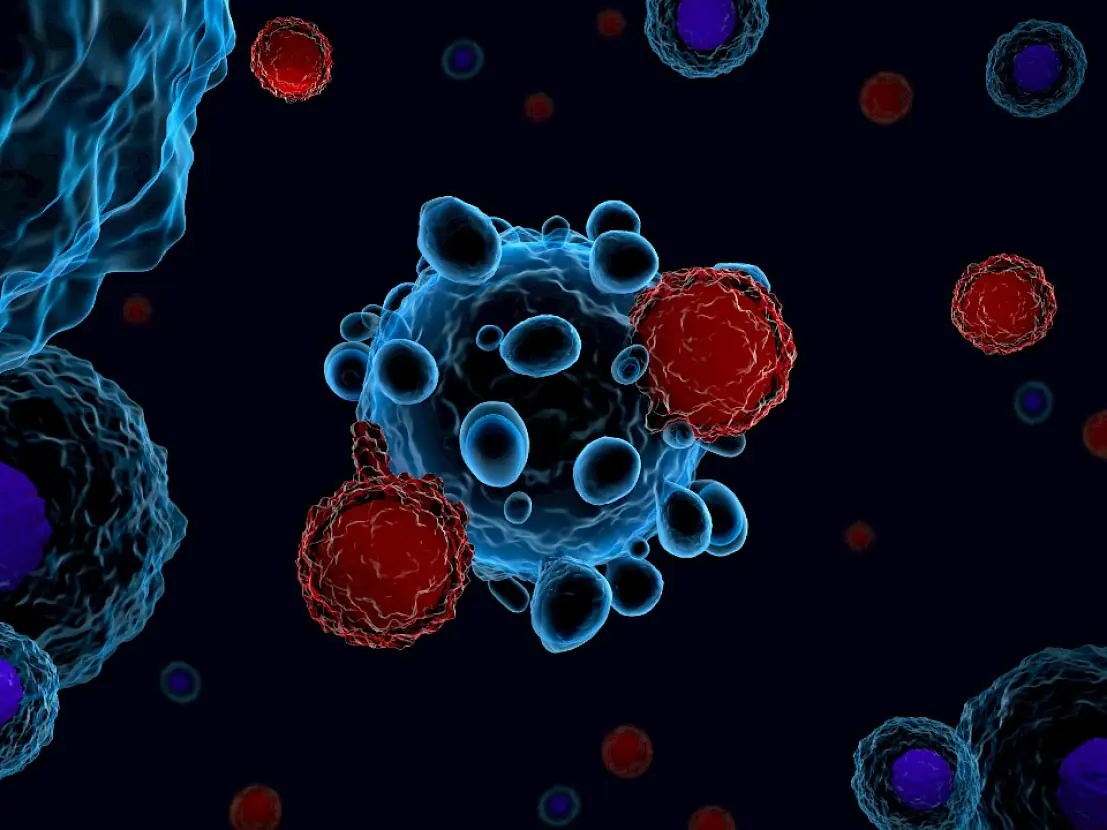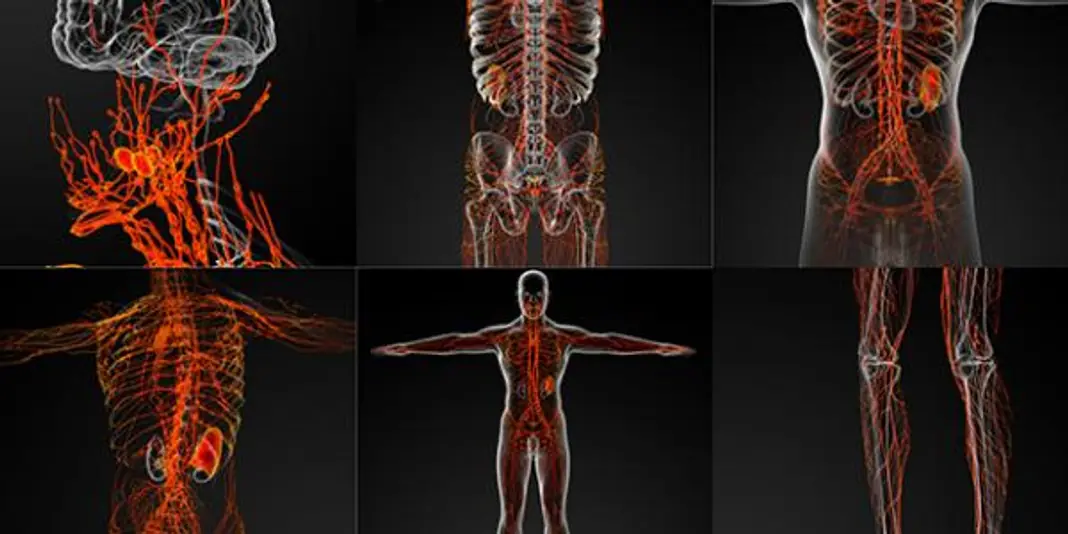
Ovarian Cancer: 8 Early Signs You Need to Know
Ovarian Cancer: 8 Early Signs You Need to Know

Ovarian cancer has tragically been dubbed "The Silent Killer." Like many other cancers, it often doesn't show any symptoms for a long time. When it does, the symptoms are very general and can point to a number of different conditions—both serious and benign. The sad reality is that when ovarian cancer is finally diagnosed, it has often already spread, which significantly limits treatment options.
However, there are some early warning signs you can look out for. It's crucial to combine your observations with other factors, as you don't want to jump to conclusions too quickly.
Finding the Right Balance: Awareness, Not Alarm
First and foremost, try not to panic. As mentioned, your symptoms can mean many different things, and the chances you actually have cancer are very small. The Ovarian Cancer National Alliance points out that for every 100 women whose symptoms match those of ovarian cancer, only one would actually have early-stage ovarian cancer.
That said, if you do feel something is off, you shouldn't ignore it. People are often terrified of cancer and still see it as an incurable disease, which can lead them to avoid confronting potential issues with their bodies. But this only makes things worse, as you lose precious time. MedicineNet states that only 20% of women with ovarian cancer are diagnosed early, when the disease is most curable. So, if you feel that certain symptoms are unusual for you and persist, go get them checked out. It's always better to be safe than sorry.
Understanding Ovarian Cancer Types
The most common type of ovarian cancer is epithelial tumors, which form in the thin layer of tissue covering the outside of the ovaries. These make up about 90% of cases. Rarer types include stromal tumors, which develop inside the ovaries’ supporting tissue, and germ cell tumors, which begin in the egg-producing cells.
The 8 Most Important Warning Signs of Ovarian Cancer:
-
Abdominal Bloating or Swelling: Your abdomen might increase in size, making you feel bloated and gassy. You might notice your clothes feeling tighter around your waist and hips.
-
Changes in Bowel Habits: This includes persistent constipation or other unusual shifts in your normal bowel movements.
-
Pelvic Pain: You feel discomfort or pain in the pelvic area, sometimes extending to the abdomen. If this pain persists, don't just dismiss it or mask it with painkillers. Pain usually wants to send an important message.
-
Low Back Pain: This is especially concerning if it radiates to the pelvic area.
-
Urgent or Frequent Urination: You might feel a sudden, strong need to pee and barely make it to the toilet on time, and/or you need to urinate more often than usual. While many women experience this due to weak pelvic floor muscles or a urinary tract infection, it's worth keeping an eye on as it can be a sign of something more serious.
-
Loss of Appetite or Feeling Full Quickly: You might feel full very fast when eating, even after a small amount of food. Also, watch for any unexplained weight loss. While shedding a few pounds might seem positive, unexplained weight loss is often not a good sign.
-
Pain During Sexual Activity: Experiencing discomfort or pain during sex.
-
Fatigue: Feeling unusually tired and having consistently low energy can signal an underlying health condition.
You don't need to have all of these symptoms. Sometimes, just one persistent symptom can be enough to signal that something isn't right. If any of these symptoms continue for two weeks or longer, it might be time to visit your doctor for a check-up.

Ovarian Cancer – Risk Factors:
The exact cause of ovarian cancer isn't fully known, but certain risk factors can increase your chances. It's helpful to be aware of these as part of your overall health assessment:
-
Age: Women over 50 are at greater risk of ovarian cancer, with about 50% of diagnoses occurring in women over 60. However, it can also occur in younger women (e.g., germ cell tumors, though they are very rare).
-
Family History: If you have a family history of ovarian, breast, or colon cancer, your risk increases. The BRCA1 and BRCA2 genes, initially linked to breast cancer, are also known to be responsible for increasing ovarian cancer risk.
-
Childbearing and Menstruation: Women who have never given birth have a higher risk. So do women who started menstruating early (before age 12) and/or reached menopause late (after 50). The total number of menstrual cycles a woman experiences seems linked to her risk; for instance, women who have more children tend to have a lower risk.
-
Certain Medications: Taking hormone therapy after menopause, or using fertility treatment (long-term and high doses), can increase your risk. Conversely, some studies suggest oral contraceptive pills may reduce the risk.
-
Other Risk Factors: These include smoking, obesity, the use of an intrauterine device (IUD), and polycystic ovary syndrome (PCOS).
The challenge with ovarian cancer is that there's no single, reliable screening method for early detection. That's why it’s so important not to hesitate to see your doctor if you have concerns. And your doctor should take your concerns seriously. Pelvic examinations, ultrasound scans, and blood tests for cancer-related markers can all be used to help detect the condition.
Scientists are continuously working to develop better early detection methods for ovarian cancer. Until then, take time to get to know your body, look after it, listen to its signals, and trust your intuition when something feels wrong. This self-awareness is one of your best assets in combating any disease in its early stages.
Do you regularly pay attention to unusual changes in your body?
News in the same category


5 Types of Cancer with Over 90% Cure Rate: Early Signs Everyone Should Pay Attention To

Doctor's Advice: Whether You're Rich or Poor, Never Eat These 3 Foods for Breakfast – They Can Lead to Aggressive Cancer

Scientists Use CRISPR to Eliminate HIV from Human Immune Cells

Hemorrhoids: Fast, Effective, Science-Backed Ways to Find Relief

It’s Not Just Tooth Decay: 2 Common Signs in Your Mouth That Are SOS Signals From Your Body — Don’t Ignore Them

3 Early Signs of Lung Cancer You Shouldn’t Ignore — It Could Become Life-Threatening

Is Cancer Hereditary? Useful Tips to Prevent Cancer from Developing

Health Experts Suggest 7 Ways to Detox Your Liver and Cleanse Your Body Daily

The Back of Your Hand Reveals Longevity Secrets: 4 Signs Everyone Should Check

13cm of Intestine Fell Out After 2 Hours on the Phone in the Toilet: 5 Dangers of Using Your Phone in the Bathroom

Don't Drink Water Right After Waking Up — Doctors Recommend Doing These 5 Things First

A 40-Year-Old Man Suffers a Stroke After Dinner: Doctor Points Out 3 Critical Mistakes

This Fruit Is Eaten Every Morning by a Famous Billionaire: A Powerful Secret to Fighting Cancer

Warning Signs in Your Stool That May Indicate Colon Cancer: Seek Medical Attention Immediately

10 Effective Ways to Boost Your Lymphatic System Health

Fibromyalgia: Understanding Symptoms & 8 Natural Ways to Find Relief

Powerful Piriformis Stretches to Soothe Sciatic, Hip, and Lower Back Pain

4 Types of Cancer with Over 90% Cure Rate: Everyone Should Watch for the Early Signs
News Post

Only two places are safe in a nuclear war, expert says

Woman Claims to Be Part of the 0.00001% Who Remembers Every Moment of Her Life—Including Before Birth

Say Goodbye to Varicose Veins Forever with This Simple Natural Oil!

Avocado After 50: Here’s What Happens After 7 Days of Use

5 Countries Tighten Immigration Rules, Making It Tougher For Americans To Move Abroad

Gulf Stream On The Brink Of Collapse — Scientists Warn Of Global Catastrophe

Astonishing Cancer-Fighting Power of One Juice — Even Doctors Are Surprised

5 Types of Cancer with Over 90% Cure Rate: Early Signs Everyone Should Pay Attention To

Doctor's Advice: Whether You're Rich or Poor, Never Eat These 3 Foods for Breakfast – They Can Lead to Aggressive Cancer

Lemon and Charcoal: A Natural Skin Care Secret to Save Money and Glow

Golden Energy: How Turmeric, Black Pepper, and Almond Milk Support a Healthier You

French Farmer Discovers $4 Billion Gold Deposit, But Legal Hurdles Prevent Him From Profiting

Inside The Global Seed Vault: Earth’s ‘Safest Place’ Only Opens Six Times A Year

Chilling Final Words Of Air India Pilot Moments Before Tragic Crash That Killed 265 Uncovered

Scientists Use CRISPR to Eliminate HIV from Human Immune Cells

Eat These 9 Fruits Daily to Brighten Your Vision & Prevent Cataracts Naturally (Science-Backed)

Hemorrhoids: Fast, Effective, Science-Backed Ways to Find Relief

The Plant That Closes Its Leaves When You Touch It – And May Support Your Health Naturally
